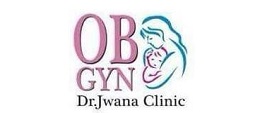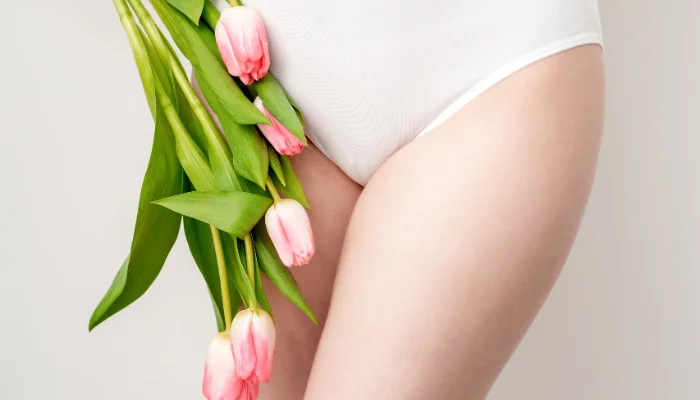What is Labiaplasty?
Labiaplasty is a cosmetic gynecology surgical procedure that reshapes the inner labia minora, the smaller folds of skin that lie within the vaginal opening.
It is a personal choice undertaken by women for various reasons, including:
Reducing discomfort: Enlarged labia minora can cause irritation, pain, and difficulty during activities like exercise, sexual intercourse, and wearing tight clothing.
Enhancing appearance: Some women may seek labiaplasty to achieve a more symmetrical or aesthetically pleasing vulvar appearance.
Improving self-confidence: Labiaplasty can boost self-confidence and body image for women who feel self-conscious about the size or shape of their labia.
Labiaplasty Healing Timeline
The healing timeline for labiaplasty varies from person to person, but most people can expect to see significant improvement within the first few weeks after surgery. The labia minora will continue to heal and mature over the next few months, and you may notice some changes in their appearance during this time.
Labiaplasty Recovery Timeline
The recovery timeline for labiaplasty varies depending on the individual and the extent of the procedure. However, here’s a general overview of what to expect:
Immediately post Surgery:
It’s common to feel temporary swelling, pain, or discomfort in the vulvar area during healing.
Your doctor will provide pain medication to manage these symptoms.
You may have some light bleeding, which is normal.
we will provide a detailed care plan covering everything you need to know about keeping your surgical site clean and avoiding activities that could hinder healing.
The First Week:
The swelling and discomfort should gradually subside.
You may be able to return to work or school, but listening to your body and resting when needed is essential.
Avoid sexual activity and douching (washing or cleaning out the inside of the vagina with water ).
Continue to follow your doctor’s instructions for wound care.
Weeks 2-4:
Most of the swelling and discomfort should have been resolved by now.
You can gradually resume most activities, including exercise and sexual intercourse (with your doctor’s approval).
You may still experience some tenderness or numbness in the vulvar area.
Weeks 4-8:
Healing continues, and any remaining numbness or tenderness should gradually improve.
After this period, you can expect to see the final picture of what your surgery has achieved for you.
Full Recovery:
Full recovery from labiaplasty can take up to 3-6 months.
During this time, be patient and kind to yourself as your body heals.
Regular check-ups are vital for staying on track and getting the most out of your treatment.
What is Labiaplasty recovery like?
Labiaplasty recovery can be uncomfortable, but it is manageable with pain medication and rest. Sticking to your doctor’s recovery plan is crucial for optimal healing and minimizing risks.
Some common symptoms you may experience during recovery include:
Pain: You may experience pain and discomfort for the first few days after surgery. To help manage discomfort, your doctor might recommend pain medication.
Swelling: The labia minora will be swollen for the first few days after surgery. This swelling should gradually subside over the next week or two.
Bruising: You may also experience some bruising around the surgical site. This bruising should also fade over time.
Discharge: There may be some discharge from the surgical site for the first few days after surgery. This discharge should be clear or pink in color. If you experience any heavy bleeding or foul-smelling discharge, contact your doctor immediately.
Discomfort: You may experience discomfort when sitting, standing, or walking for the first few days after surgery. This discomfort should gradually improve as the swelling subsides.
Tips for a Smooth Labiaplasty Recovery
Rest: Get plenty of rest in the days following surgery.
Ice packs: Apply ice packs to the vulvar area to reduce swelling and pain.
Sitz baths: Warm sitz baths can help soothe discomfort and promote healing.
Loose clothing: Wear loose-fitting, comfortable clothing made of breathable fabrics.
Avoid irritants: Avoid harsh soaps, perfumes, and other irritants to the vulvar area.
Stay hydrated: For optimal healing, make sure to drink plenty of fluids. It helps your body function properly and recover quickly
Follow your doctor’s instructions: Carefully follow your doctor’s instructions for wound care, medication, and activity restrictions.
Listen to your body: Don’t push yourself too hard during recovery. Take breaks and rest when you need to.
Pain management: If you experience.

